‘I saw my 94-year-old grandmother after two years’
Corinne, a French-English-American project manager, says one of the motivations for moving back to Europe from the US was to see her grandmother in southern France more often, but the pandemic put that on hold.
“We haven’t lived in the same place for my whole life but I usually managed a visit a year, especially as she has got older. This was the first time since I was very little that I hadn’t seen her at least once a year. It was strange. At 94 it feels like we lost almost two years of contact or at least two if not three visits. She got vaccinated in early 2021 but we waited until we had also received at least one shot and the numbers [of newly reported infections in Sweden and France] had gone down. Making the rules more clear about what you needed (at the time a PCR test) made it much easier.”
‘Reunited with my Swedish wife-to-be’
Ryan, a professional YouTuber in the US, met his fiancée online and they have been engaged for two years but spent 17 months and one day apart due to the pandemic.
“I flew to Sweden to meet her for the first time in May 2018 and we spent five magical days in Stockholm together. From that day on, whenever we were apart, we would be on an iPad call. If not the iPad, then a phone call.
“We then began flying back and forth to each other, her visiting me in America, and me staying with her and her family in Sweden. We were used to the separation after a while because I could only stay in Sweden for three months at a time, twice a year, but nothing could have prepared us for Covid.
“At first, it was just like any other time being away from one another. But the restrictions just kept getting extended. Again and again, our hopes of reunification were dashed. While away from one another, we fell asleep with each other on our iPads, watched shows together by counting down to zero so we would be in sync, and spent all the time outside of work with each other on a FaceTime call for the entire time we were apart. When America was added to the exemption list [from Sweden’s entry ban], it felt amazing! Like a weight had been lifted off both our shoulders. Needless to say, it has been an extremely rough time on the both of us, but she is worth every second, minute, hour of my life.”
‘My daughter met my parents for the first time’
Software engineer Srivani, 34, has not been able to see her parents in India since her daughter was born two years ago but finally made the trip this summer.
“There was no change in the travel requirement as India was still a red list country at the time of our travel, however we did travel since both my husband and I have been vaccinated. We have been in constant touch via video calls. My toddler hadn’t met my family in person due to the pandemic, so that was an emotional moment. My daughter had a good time with my parents and in-laws . The pandemic changed our lives in a unusual way. I have never been away from my family so long. I hope and wish things get better soon.”
‘Separation from family is harder since we had our son’
Anna Ramboldt is originally from Minnesota and lives in Linköping with wife Emilia and son Walter. She and Walter were able to travel to the US and see family over summer, though Emilia could not join them due to her employer’s rules about travel and quarantine.
“My son and I were reunited with my parents and sister – and even extended family after a bit of self-quarantine. We have always FaceTimed multiple times a week, but it’s just not the same as being able to see one another in person. I’m thankful for being vaccinated and for the opportunity to be ‘home’ again! It’s been tough. We haven’t been to Minnesota since Christmas 2019 when Walter was barely two years old. Surprisingly, he remembers things about being in Minnesota. The reunion was fantastic! My parents picked up me and my son and he ran into my moms arm’s. Not a dry eye between the four of us. It’s an amazing feeling to see your child reunited with their grandparents after one and a half years!”
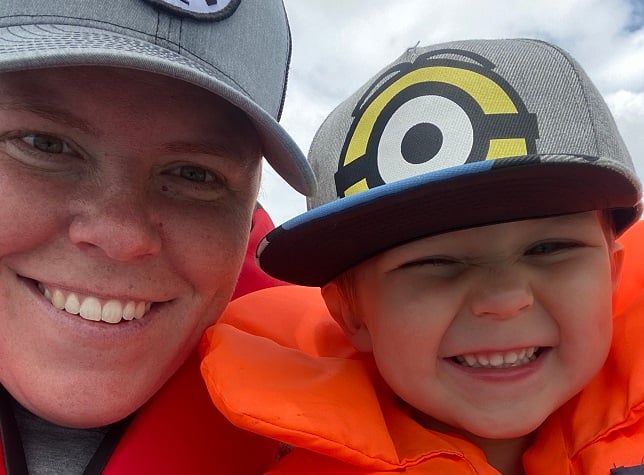
Photo: Private
‘I got to see my best friend, but am still separated from my mum as she goes through cancer treatment’
An Coppens, 50, is from Belgium and commuted weekly between Stockholm and London before the pandemic. She is currently planning a trip to meet up with her Belgian parents elsewhere in Europe, and recently saw a close friend in London.
“My best friend and I met for the first time in 18 months this past weekend. We had been to her wedding in Spain 24 months ago and then I had met her a few times since in London when I travelled for work. It was great to be able to talk about the ‘shitshow’ pandemic time.
“She lost her mum to cancer and her husband lost his dad to a stroke [during the pandemic], both had to do things like quarantines on both sides because both are expats living in the UK but with parents in different countries. Because a large part of the conversation was dominated by Covid and what we missed, it felt so different to a normal catch-up. We talked about the big important things like death, disease, goals and motivations. It was beautiful to see her and her husband and have real human contact outside of my partner’s family. They are lovely, but it isn’t the same of having your own people around. I do feel as if I have become more introverted as a result of the pandemic.
“My mum was diagnosed with cancer and in a normal year, I would have gone over to stay with her and help out. All I could do was call frequently and I made a deal with a local florist to send her flowers every two weeks because she loves being out in her garden and she loves flower arranging and didn’t have the energy to do it. She has since come through her radiotherapy and operations as a cancer survivor. But for us it has been a scary time and the feeling of helplessness that you can’t do anything at all was the most frustrating. We will now finally get to see my parents after two years of meeting online only. We are planning a 10-day trip together in Portugal in September. Having booked the flights and with the arrangements being put together, it is starting to feel real.”
Thanks to all the readers who responded to our survey to share their stories. Some responses were edited for length or clarity.

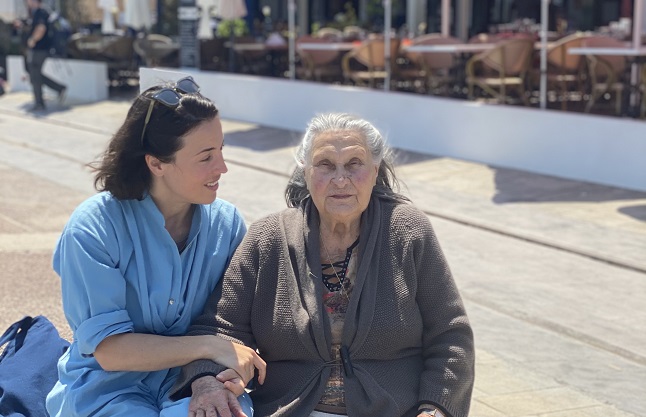
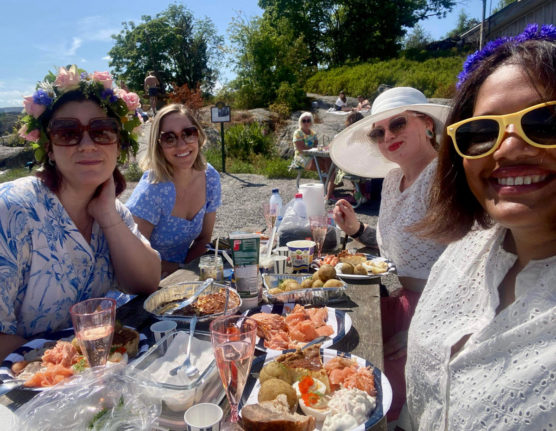
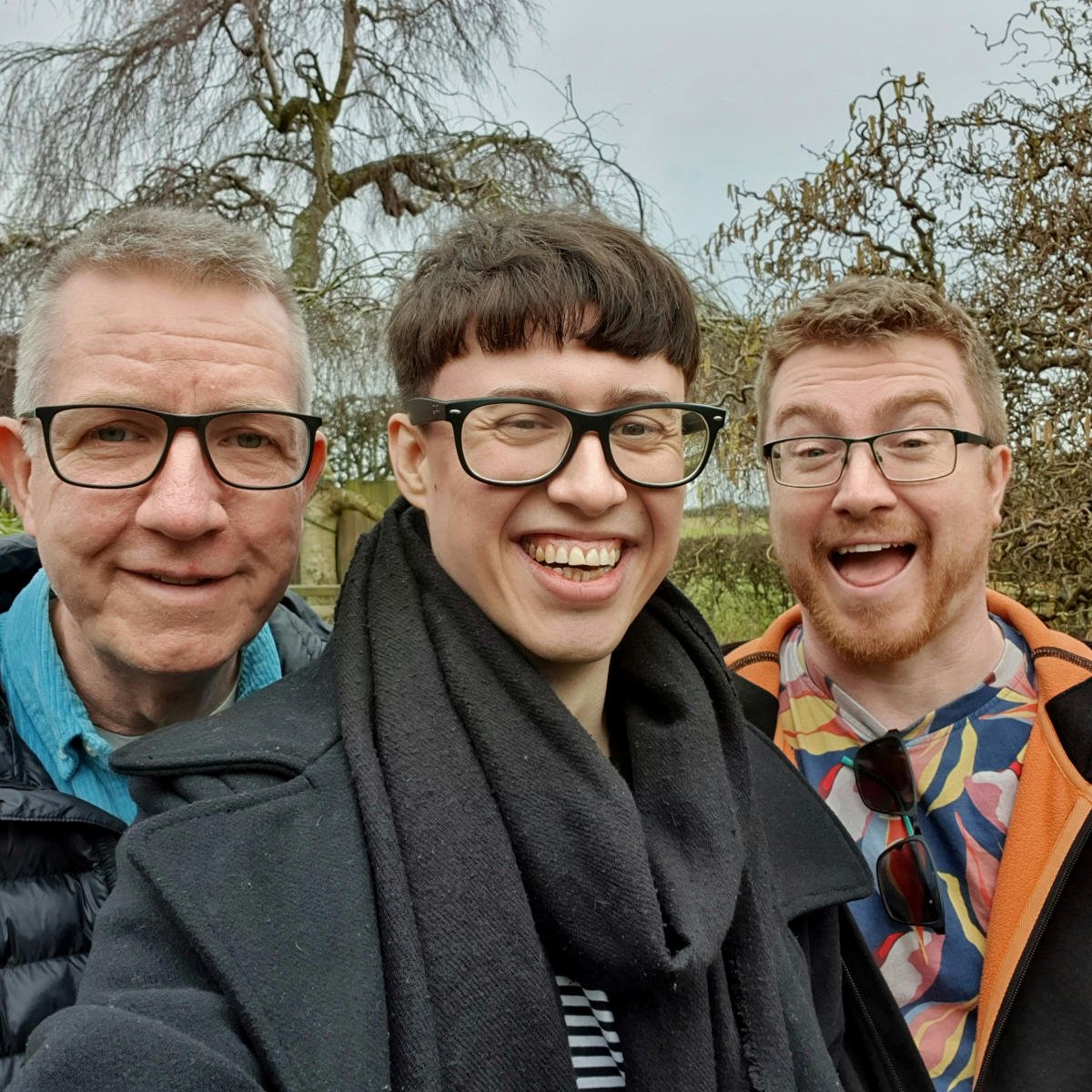
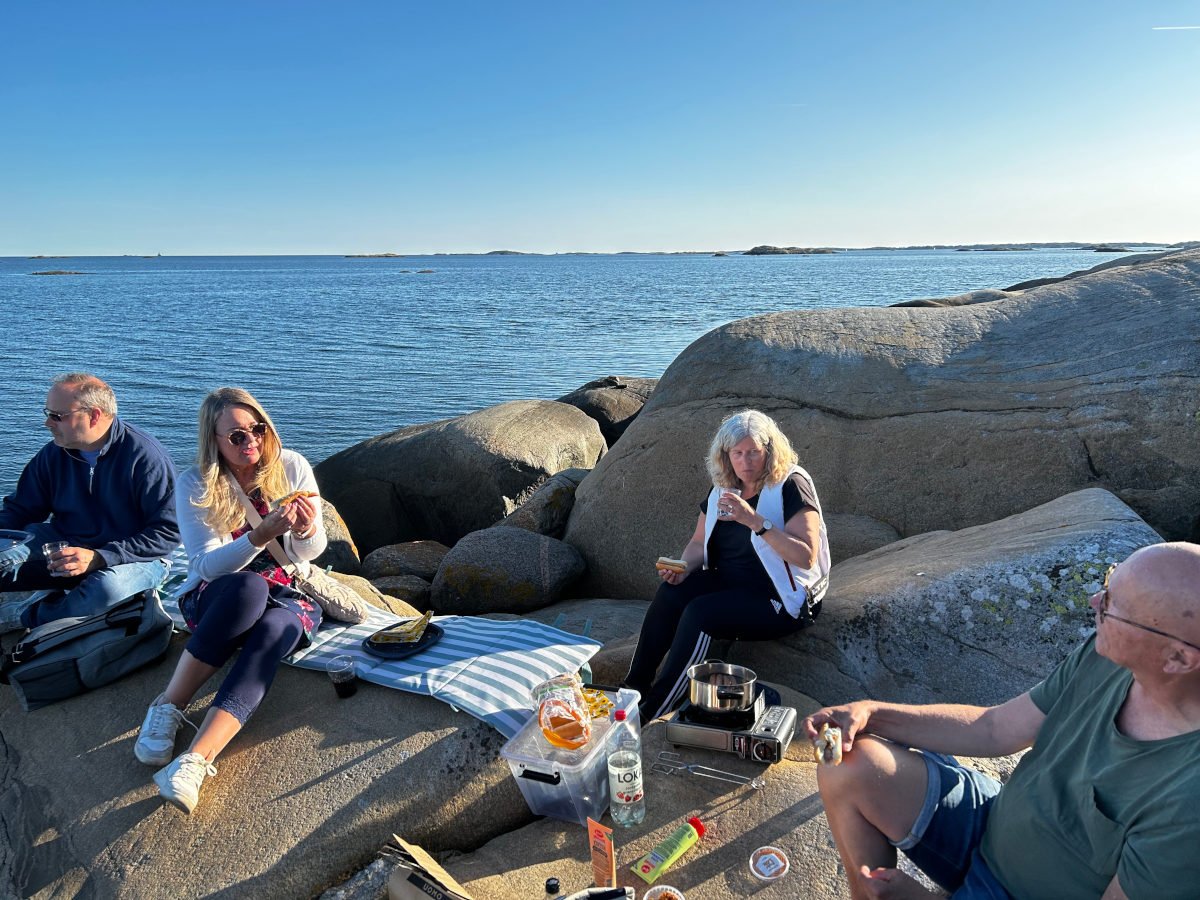
 Please whitelist us to continue reading.
Please whitelist us to continue reading.
Member comments